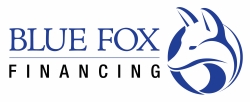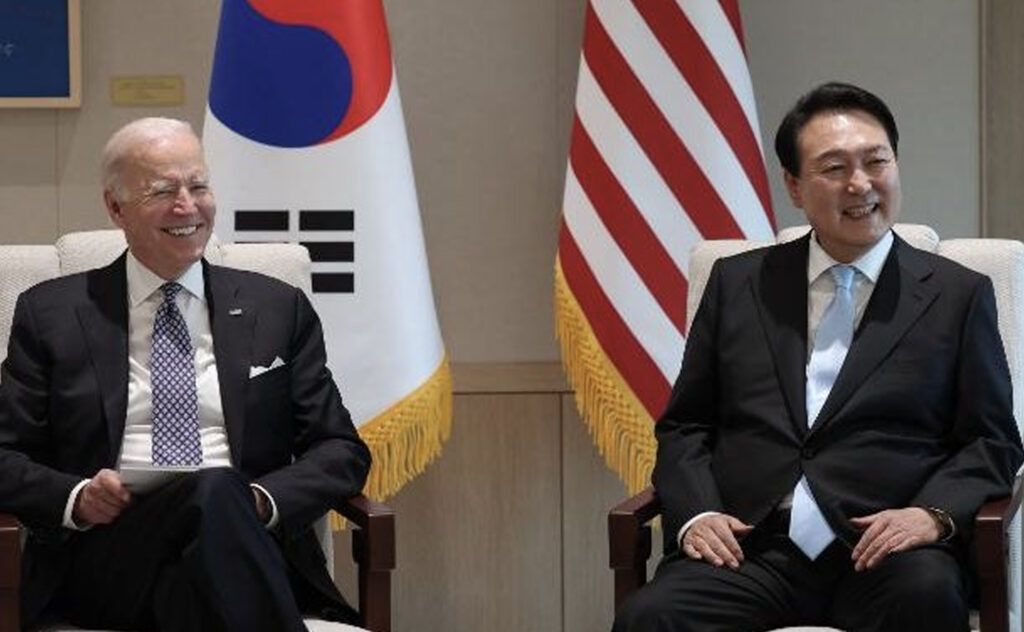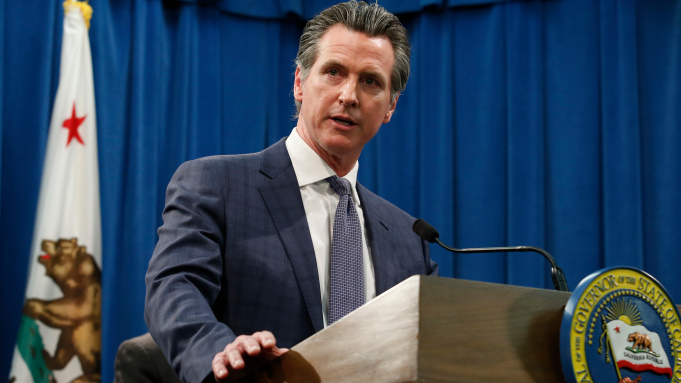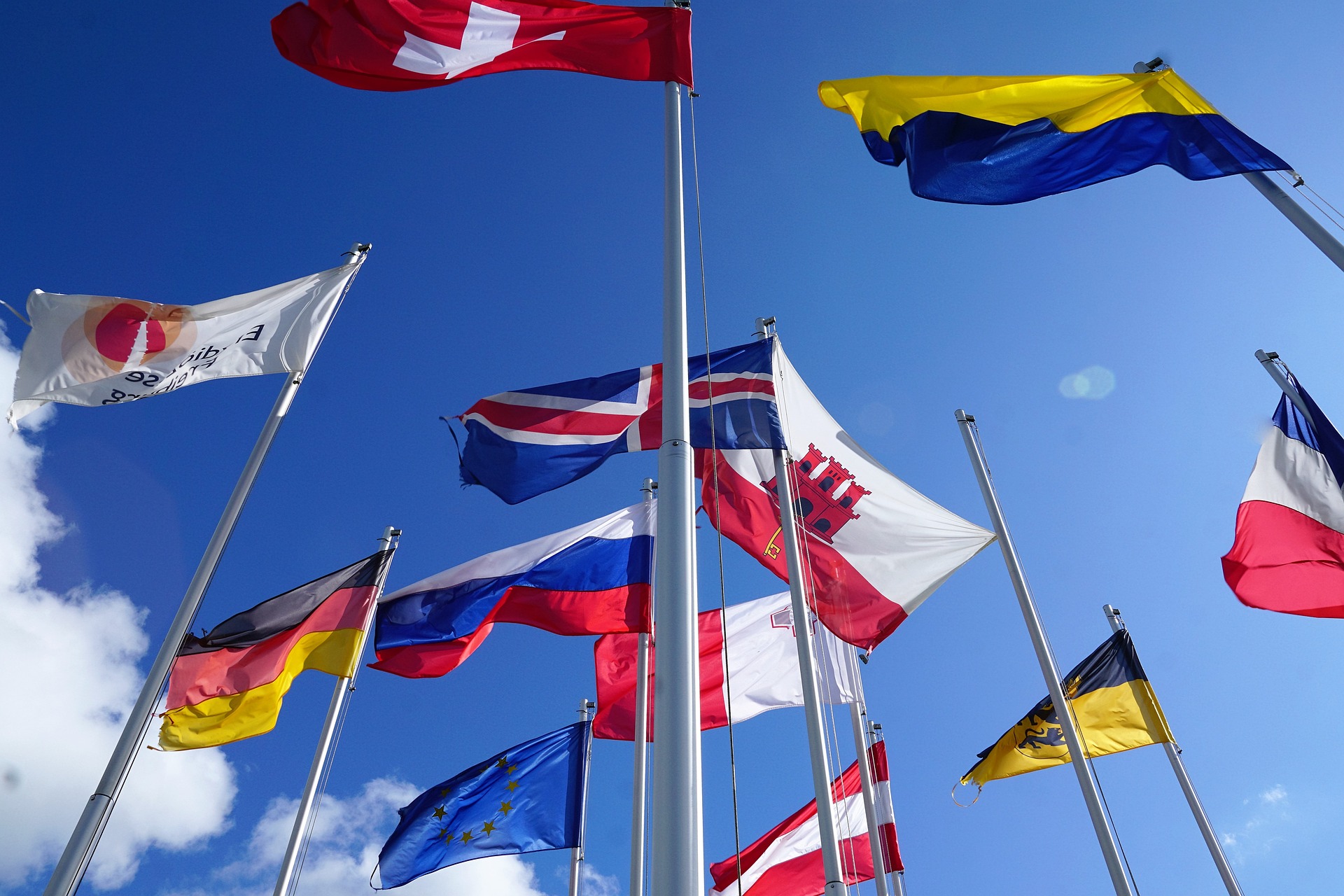Korean Firms Worry About Losing U.S. Tax Credits Under Inflation Reduction Act
(upi.com)
SEOUL, Oct. 7 (UPI) — U.S. President Joe Biden sent a letter to his South Korean counterpart, Yoon Suk-yeol, pledging to continue talks on the U.S. Inflation Reduction Act, according to Korea’s presidential office.
Kim Eun-hye, Seoul’s senior presidential secretary for press affairs, said Biden’s message referred to the discussion the two countries had on the impact the IRA was having on Korean businesses.
“President Biden’s letter was the result of the several meetings the two leaders had in New York and London last month to discuss the IRA,” Kim said in a Wednesday press conference.
“He wrote that he understood the worries that Korean businesses had, also noting the positive roles they played. We believe it could be an indication of his willingness to take into consideration the difficulties the Korean companies are facing,” she said. RELATED Chilling Korean Netflix series ‘Somebody’ debuts at Busan Film Festival
Under the guidelines of the IRA, signed by Biden in August, electric vehicles must be assembled in North America to qualify for tax credits.
The new act became an instant headache for Korean automakers like Hyundai Motor and Kia because many of their electric cars no longer qualified for the tax credit with most of them being assembled in Korea.ADVERTISEMENT
The new law went into effect in mid-August and Hyundai said the U.S. sales of its popular electric vehicle Ioniq 5 in dropped 14% in September from the previous month. During the same period, sales of Kia’s EV6 dipped even further at 22%. RELATED U.S., S. Korea, Japan hold defense exercises amid rising tensions on peninsula
While Hyundai Motor has plans to begin assembling electric vehicles in Georgia beginning in 2025, Kia has no such plans for North America.
Things are complicated for Korean battery makers, as well, which already have factories in the United States. Their heavy dependence on China-sourced components could also disqualify them for tax credit.
As a result, the battery makers have already begun to diversify supply chains. For example, the world’s No. 2, LG Energy Solution, has signed three MOUs with Canadian suppliers to augment the lithium and cobalt supply chain in North America last month. RELATED IMF presents ‘darkening outlook’ for global economy
Meanwhile, its cross-city rival SK On signed with Australia’s Global Lithium Resources to receive stable supplies of lithium, one of the most crucial elements in making electric car batteries.
For renewable energy companies, on the other hand, the IRA has had the effect of erasing policy uncertainties, according to Samil PwC. Korea’s leading accounting firm also expected Korean steel mills to benefit from the act.
Observers expect the Biden administration to eventually come up with some remedies that could soften the impact of IRA.
“Even U.S. automakers could suffer from the new act if they have to use Korean batteries assembled outside the United States,” Daelim University automotive Professor Kim Pil-soo said.
“Besides, various Korean carmakers and battery manufacturers are set to make big investments in the United States. I don’t think the Biden administration would want to discourage them with the IRA,” he said.
By: Cho Chae-won & Kim Tae-Gyu













